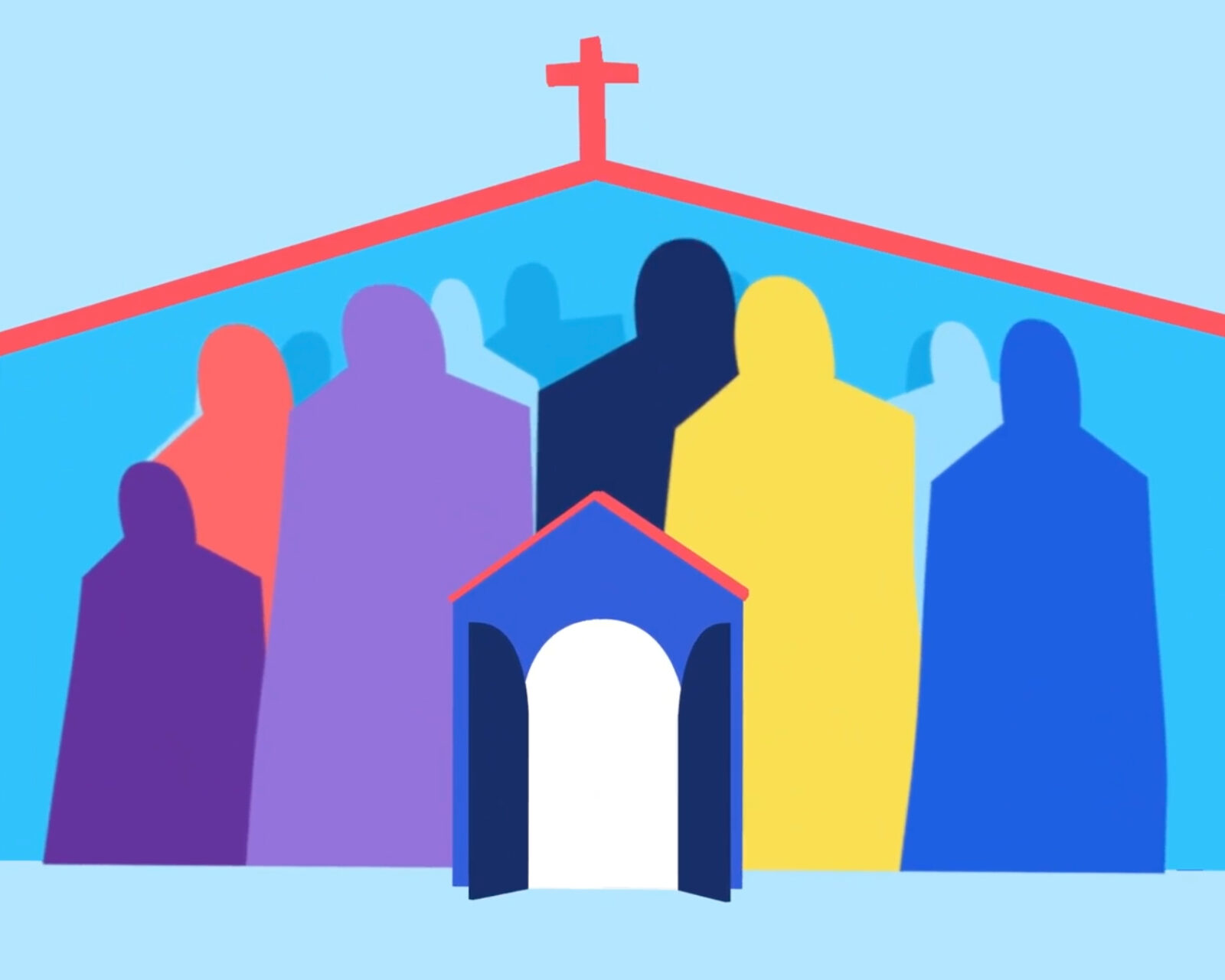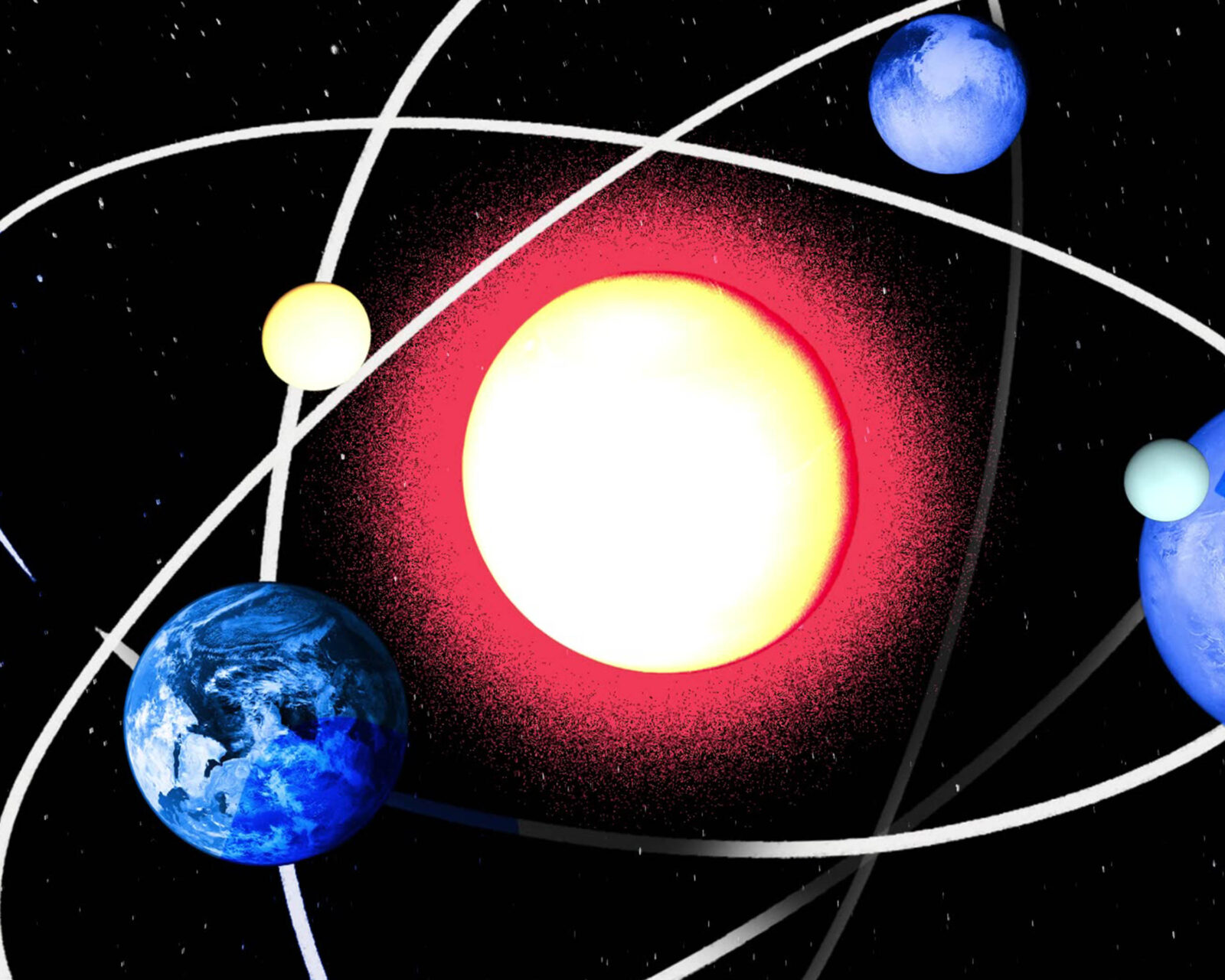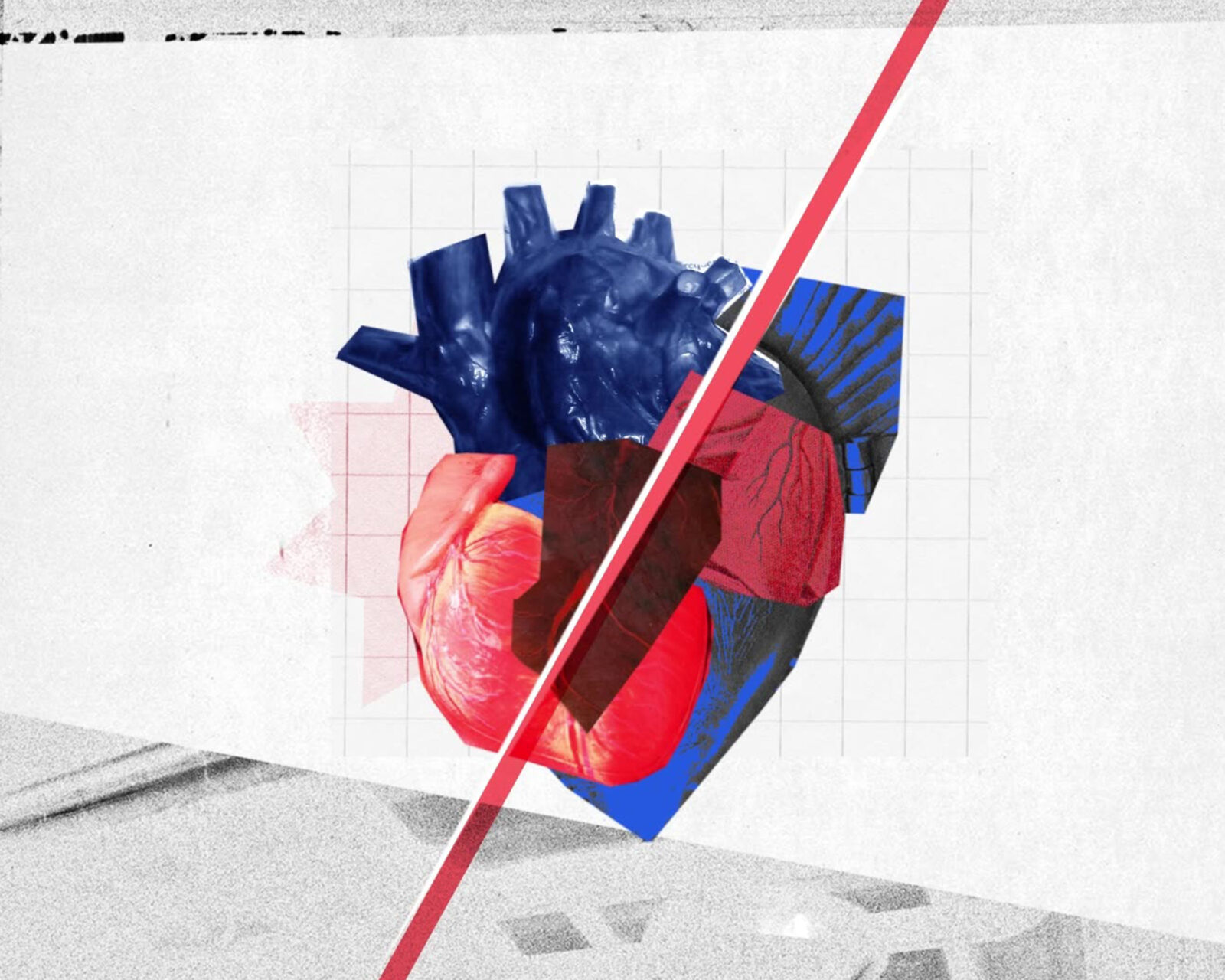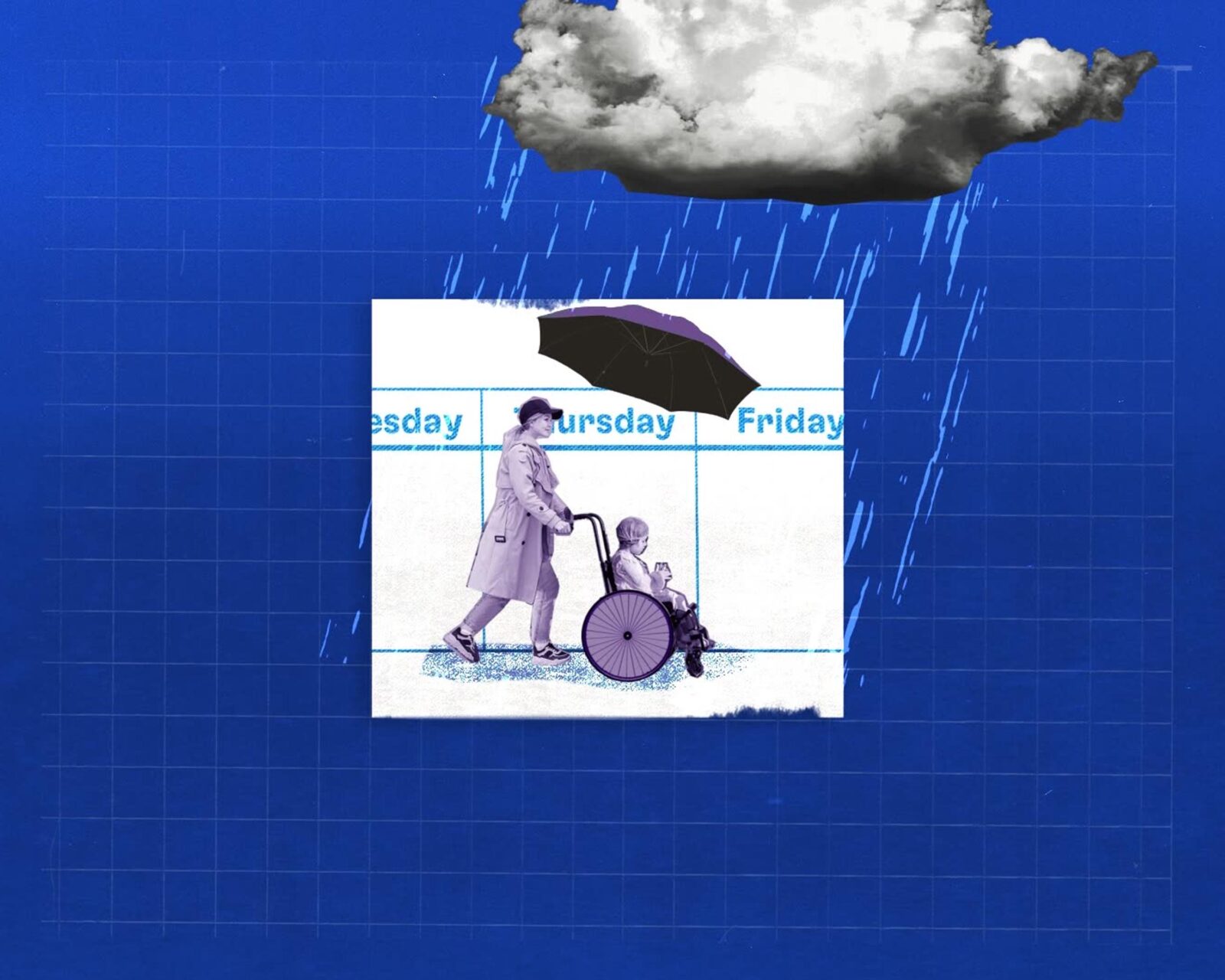Video Transcript
Families come with all sorts of characters. Maybe your family has a funny aunt or an adventurous grandma or that one cousin who radically changes the dynamic of every family reunion. But what really makes a family special isn’t just that a group of people are related by blood and marriage – it’s also the beauty and fun of life together.
Now families can look very different. Some are big and live in close proximity. Some are small or live far from other relatives. Some have lots of siblings and some very few. Some have lots of aunts and uncles. Some have great grandparents living with their kids and grandchildren.
Large extended families were the norm for most of human existence. The idea of the “nuclear family” is relatively new in terms of our history. The nuclear family doesn’t have anything to do with atomic bombs. This term refers to a household with a father, mother, and their children all living in one household.
Now in many agrarian civilizations, families farmed together and practiced a family trade. But they also communicated and learned from their extended family unit. This would be a family that includes grandparents and cousins and aunts all living more or less in one “unit”. In the Victorian era the extended family unit reached its height before the industrial revolution caused a major shift in the focus and composition of families.
The industrial revolution changed work itself, and that meant that more and more families spent time away from each other in factories and offices. By the 1960’s in the United States we see the nuclear family dominating.
So which is better? The extended family unit, or the nuclear family? David Brooks, in an article called “The Nuclear Family was a mistake” (and now he’s not hiding how he feels about this matter here!), he argues that nuclear families are slowly crumbling for the very reason they became so prevalent.
Nuclear families emphasize individuality and flexibility. But they can lack the larger support structure of extended families, which often share responsibilities and work together as a single social unit. They emphasize community and the common good over individual needs.
David Brooks mentions a third type of family: The chosen family. Chosen families are groups of families or individuals who decide to join together into extended family units.
A chosen family can have the benefits of strong shared common values and ideals. Whereas a “given” family, or the one you are born into, forces you to grow and adapt and practice patience with those you live with.
Pope St. John Paul II said “The family is the first and most vital cell of society.” But how big should a family be?
The human person thrives in an extended family that shares common wisdom, fraternity, community, and unity. There are also benefits to a family unit that values individuality and freedom. There are advantages to choosing your family, and there are also blessings in learning to love your “given” family.
So maybe a true family is given and chosen. It is large and expansive, yet also values individuality and it has strong bonds. It has responsibility to one another, but also allows individuals to thrive. A family shares common values. And the more attention a family pays to the common good, the stronger the family bond.
There are lots of different looking families. But there is one family that has all of these qualities. One family that crosses races, generations, and nationalities. One family united by a bond stronger than blood. A family of faith that extends love, care, dignity and mercy to all. Your family and our family. God’s family: the Church.




